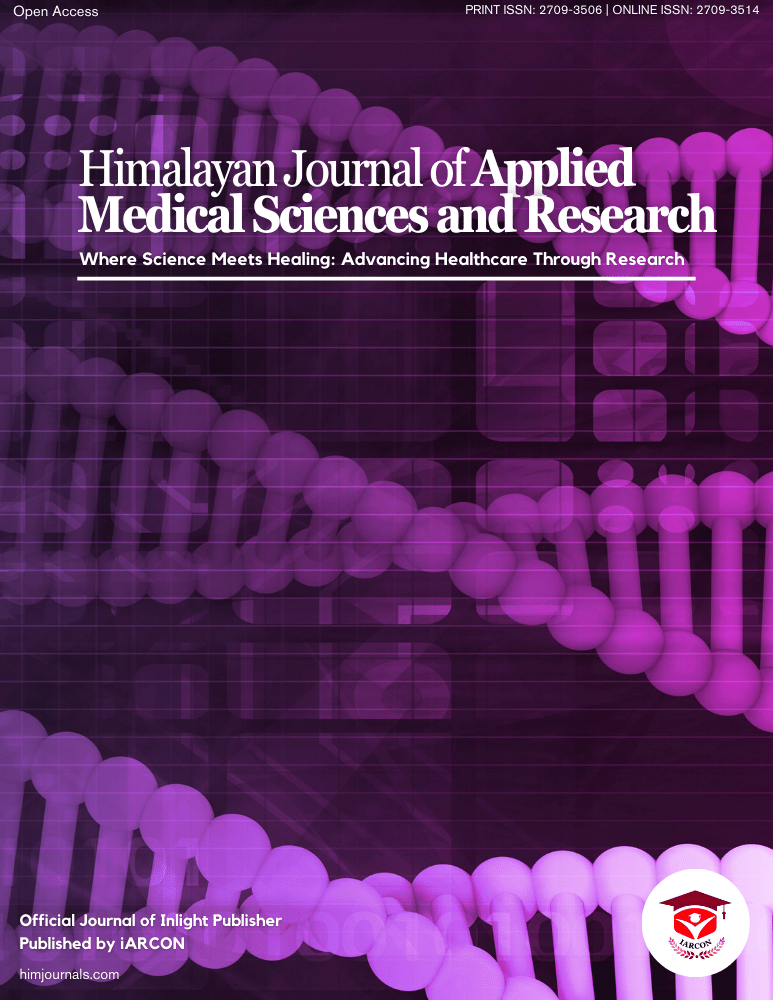Background: Infertility is a growing concern worldwide, with significant emotional, social, and financial implications for individuals and families. Despite advancements in infertility diagnostics and treatments, awareness of its causes, risk factors, and management options remains limited, particularly in rural areas. Kangra, a district in Himachal Pradesh, presents unique challenges due to socio-economic disparities and limited healthcare accessibility. Understanding the knowledge and perceptions of infertility among women in this region is crucial for designing effective educational interventions and support systems.Material and Methods: A descriptive, cross-sectional study was conducted among 400 women of reproductive age (18–45 years) in Kangra, Himachal Pradesh, from August to October 2024. Participants were selected using stratified random sampling to ensure representation from both rural and urban areas. Data were collected using a pre-validated, structured questionnaire comprising socio-demographic details, knowledge assessment on infertility causes and treatments, and barriers to seeking care. The responses were categorized into knowledge levels: Very Good (>80%), Good (60–79%), Fair (41–59%), and Poor (<40%). Data were analyzed using descriptive and inferential statistics.Results: The study included 65% rural and 35% urban participants, with 40% in the 26–35 years age group. Educational diversity was evident, with 12% having no formal education and 23% holding undergraduate degrees. While 80% understood infertility as the inability to conceive after one year of regular, unprotected intercourse, only 69.5% were aware of advanced treatments such as in-vitro fertilization (IVF). Economic constraints (63.5%) and lack of awareness (58%) were identified as major barriers to seeking treatment. Knowledge scores revealed that 31% had very good awareness, 35% had good knowledge, 24% scored fair, and 10% demonstrated poor awareness.Conclusion: The study highlights encouraging awareness of general infertility concepts but significant gaps in understanding advanced treatments and overcoming barriers. Socio-demographic factors, particularly education and rural residence, influenced knowledge levels. Tailored educational initiatives, financial assistance programs, and integration of infertility counseling into primary healthcare services are recommended to bridge knowledge gaps and enhance access to care.


